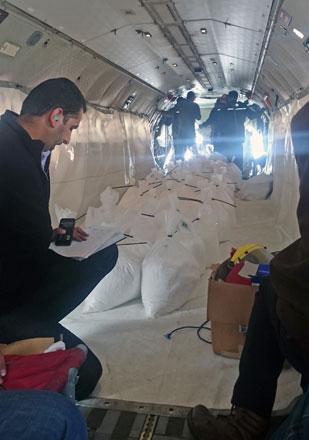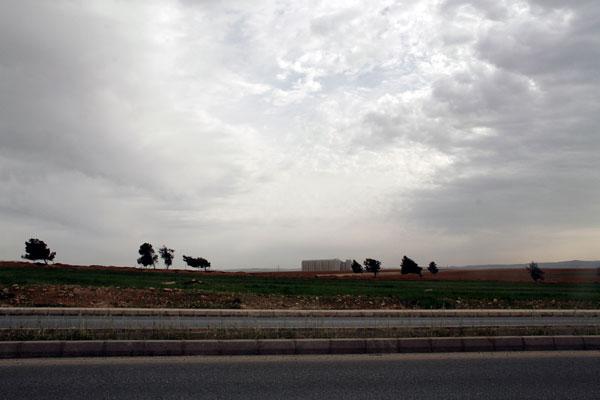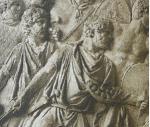You are here
Chief meteorologist urges support for further rainmaking experiments
By JT - Apr 05,2016 - Last updated at Apr 05,2016

Experts prepare to initiate the rainmaking experiment at King Talal Dam's catchment area last week (Photo by Reem Al Rawashdeh)
AMMAN — Benefits from the rainmaking planned for the coming years are expected to significantly surpass the costs of the operation, achieving large gains in increasing rainfall, Jordan Meteorological Department (JMD) Director Mohammad Samawi said Tuesday in a statement.
As Water Minister Hazem Nasser has announced, the Kingdom needs more strategic projects to enhance water security, especially in light of the refugee crisis, which increased demand on water by 22 per cent around the Kingdom and 40 per cent in the north, Samawi said, also highlighting the fluctuation of rainfall in the country.
Only JD220,000 was earmarked from the JMD budget for this year’s artificial rain experiments, including the purchase of chemicals, renting planes and costs of other logistics, Samawi said, adding that the budget of the recent experiment did not exceed JD40,000.
If the government agrees to allocate the necessary budget, estimated at JD17 million in the first year, the project will be sustained through the purchase of three planes and two weather radars, in addition to operating costs, chemicals and infrastructure.
Moreover, in the second year the costs are estimated to drop to JD2.5 million only for operation and maintenance of equipment, according to the JMD chief.
He referred to a rainmaking experience conducted between 1986 and 2005, which he said achieved success that set the ground for resuming the experiment currently.
Earlier, Samawi said that the results of March's rainmaking experiment were encouraging, and plans were in place for further work.
It would take more time to determine the success of the experiments as more data must be collected and evaluated in real-time, which is the hardest phase of rainmaking, Samawi said at the time, adding that the evaluation of the results would take more than five years to compare the average of rainfall in previous seasons and conduct scientific analysis.
The rainmaking experiment took place in late March because Thai experts happened to be in the Kingdom, so the department made arrangement for them to collaborate with meteorological experts in order to set the standards and best conditions for rainmaking that fit Jordan's climate, Samawi said.
The experiment was conducted after Jordan and Thailand signed a memorandum of understanding on March 23 to benefit from the East Asian country's experience in rainmaking technology.
After conducting technical studies and consulting with the Thai experts and local partners, an agreement was reached to conduct the experiment at the King Talal Dam's catchment area.
Related Articles
AMMAN — The results of Sunday's rainmaking experiment are encouraging, and plans are in place for more experiments in the future, Jordan Met
AMMAN — An airplane of the Royal Jordanian Air Force will disperse on Sunday cloud seeding agents over the King Talal Dam's catchment area a
AMMAN — Jordan is scheduled to conduct an experiment in cooperation with Thai experts to make artificial rain in the vicinity of King Talal













